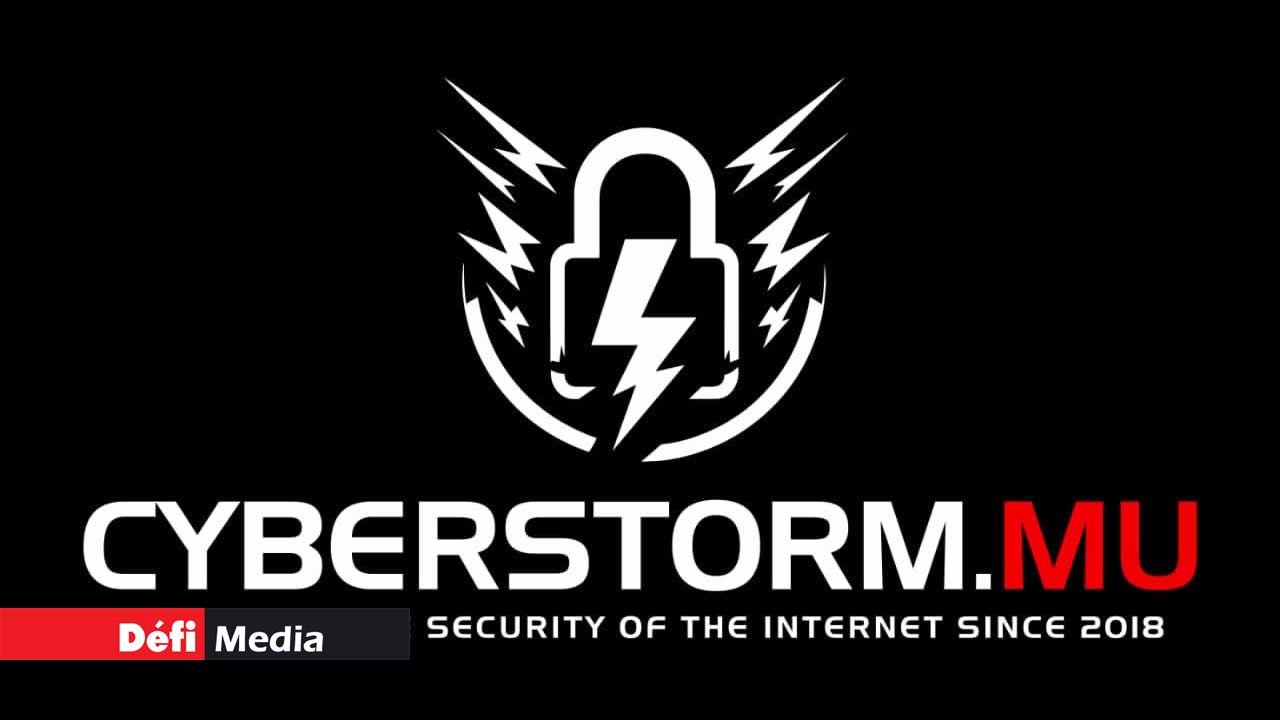Google Awards Cyberstorm.mu for Software Security Work

On May 12, Cyberstorm.mu received an award from Google for its efforts to enhance the security of the software "Dropbear." The Mauritian group incorporated an encryption algorithm into this software to make it resilient against threats posed by quantum computers.
Quantum computers are becoming increasingly powerful and could eventually compromise the encryption systems currently used to protect data. Sensitive information such as personal data or bank transactions would no longer be secure. With this in mind, Cyberstorm.mu worked on enhancing the security of Dropbear, an open-source software widely used. The American company Google recognized the value of this work and awarded the group, which consists of Mauritian IT experts.
The good news arrived on May 12. "We were very surprised, to be honest. We thank the entire panel at Google for this award. There are many discussions ongoing between Google and Cyberstorm.global regarding this technology, which is still in an experimental phase. As AI (artificial intelligence) evolves, we want to contribute to its improvement, as we find it very intriguing," explains Loganaden Velvindron, a member of Cyberstorm.mu and Cyberstorm.global.
Anyone wishing to join Cyberstorm.mu in this endeavor can email [email protected]. "We believe that artificial intelligence is going to evolve in very interesting ways," he adds. Loganaden Velvindron specifies that the group has used technology partially based on AI to validate their work. "The way Cyberstorm.global uses artificial intelligence is unique. We use it as a support to detect potential security vulnerabilities," he explains.
However, he emphasizes that this does not replace human expertise. "AI enhances our analytical capacity and allows us to detect certain vulnerabilities more quickly. It is a very specific application of AI," he clarifies.
Furthermore, Dropbear is an open-source software widely integrated into various devices such as modems, cars, smartphones, cloud services, Wi-Fi access points, Starlink, and other 'smart' devices connected to the internet. "We have worked on implementing an encryption algorithm capable of withstanding quantum computer attacks. Companies like Google, Cloudflare, Meta, Mozilla, IBM, Microsoft, Intel, and many others advocate for the adoption of this type of encryption," he notes.
According to Loganaden Velvindron, Cyberstorm.global is a small group of computer enthusiasts. "Our resources are modest compared to those of large tech communities based in the United States or Europe. However, by leveraging the advances of giants like Google, small communities like ours can have a tangible and global impact on billions of internet users," he asserts.
Cyberstorm.mu also wishes to share its knowledge with universities and companies organizing tech meetings. "We thank our supporters, sponsors, and everyone who has helped us. We also commend the Ministry of ICT, which invited us to share our ideas for the blueprint as part of a multi-stakeholder model. We want to contribute to making Mauritius a hub for cutting-edge AI in the African region," he adds.
Cyberstorm.mu hopes that Mauritius can benefit from U.S. assistance concerning the export control of AI-related materials. "The United Arab Emirates received this support for the StarGate UAE project. Why not make Mauritius the StarGate Mauritius of artificial intelligence?" concludes Loganaden Velvindron.
